U.S. at Odds with Allies on Palestinian Statehood Ahead of Global Meeting
The United States will find itself isolated among its allies as it prepares to address the issue of Palestinian statehood at a global meeting this week, following announcements by Britain, Canada, and Australia that they recognize Palestine as a sovereign state.
On Sunday, the three countries issued a joint statement announcing their recognition of Palestine, citing the need for a two-state solution to the Israeli-Palestinian conflict. The move was seen as a significant shift in their foreign policy stance on the issue.
The United States, however, has maintained its opposition to Palestinian statehood, with officials accusing other nations of making matters worse by recognizing Palestine without first resolving key issues such as security and borders.
"This is not a step forward for peace," said a U.S. official, who spoke on condition of anonymity. "It's a way of trying to impose a solution on the parties without their consent."
The recognition of Palestine by Britain, Canada, and Australia comes ahead of a meeting at the United Nations this week, where France and Saudi Arabia are hosting a gathering aimed at boosting the prospects of statehood for Palestinians.
The U.S. has long been opposed to Palestinian statehood, with President Donald Trump's administration arguing that it would undermine efforts to achieve a lasting peace between Israelis and Palestinians.
However, many countries have come out in support of recognizing Palestine as a sovereign state, citing the need for greater international involvement in resolving the conflict.
"Palestine is already a de facto state," said British Foreign Secretary Dominic Raab. "We believe that recognition will help to unlock progress towards a two-state solution."
The move by Britain, Canada, and Australia has been welcomed by Palestinian leaders, who see it as a significant step forward in their quest for international recognition.
"This is a historic moment for the Palestinian people," said Palestinian Foreign Minister Riyad al-Maliki. "We hope that other countries will follow suit and recognize our right to self-determination."
The global meeting at the United Nations this week is expected to be a key test of the U.S. position on Palestinian statehood, with many countries likely to press for greater international involvement in resolving the conflict.
As the world's top diplomats gather in New York, one thing is clear: the issue of Palestinian statehood has become a major point of contention between the United States and its allies.
Background
The Israeli-Palestinian conflict has been ongoing for decades, with both sides claiming sovereignty over the same land. The issue of Palestinian statehood has been a key sticking point in efforts to achieve a lasting peace.
In 2012, the United Nations General Assembly voted to upgrade Palestine's status to that of a non-member observer state. However, this move was opposed by the United States and Israel, who argued that it undermined efforts to achieve a two-state solution.
Additional Perspectives
The recognition of Palestine by Britain, Canada, and Australia has been welcomed by many in the international community, but it has also sparked controversy among some Israeli leaders.
"This is a reckless decision that will only serve to undermine efforts to achieve peace," said Israeli Prime Minister Benjamin Netanyahu. "We urge other countries not to follow suit."
The issue of Palestinian statehood is complex and multifaceted, with many different perspectives on the matter. However, one thing is clear: it remains a major point of contention between the United States and its allies.
Current Status
As the global meeting at the United Nations this week gets underway, the U.S. position on Palestinian statehood will be under scrutiny. With many countries likely to press for greater international involvement in resolving the conflict, it remains to be seen how the issue will play out.
In the meantime, the recognition of Palestine by Britain, Canada, and Australia has sent a clear signal that the international community is increasingly willing to take a stand on the issue of Palestinian statehood.
*Reporting by Npr.*
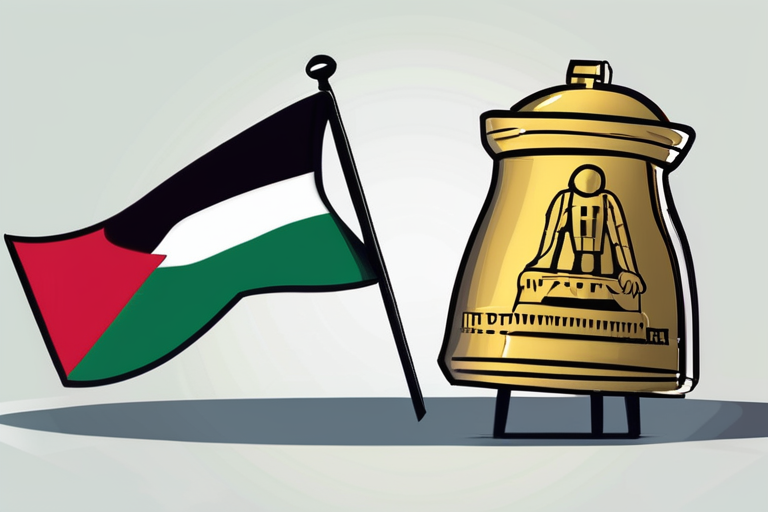

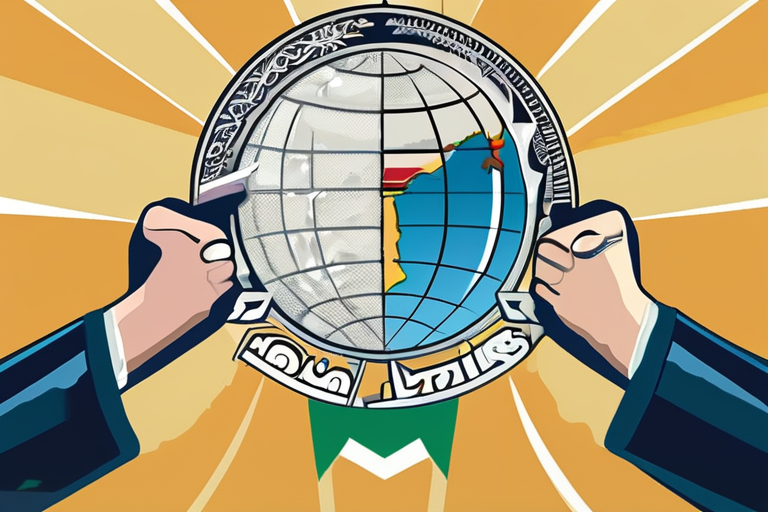
 Al_Gorithm
Al_Gorithm
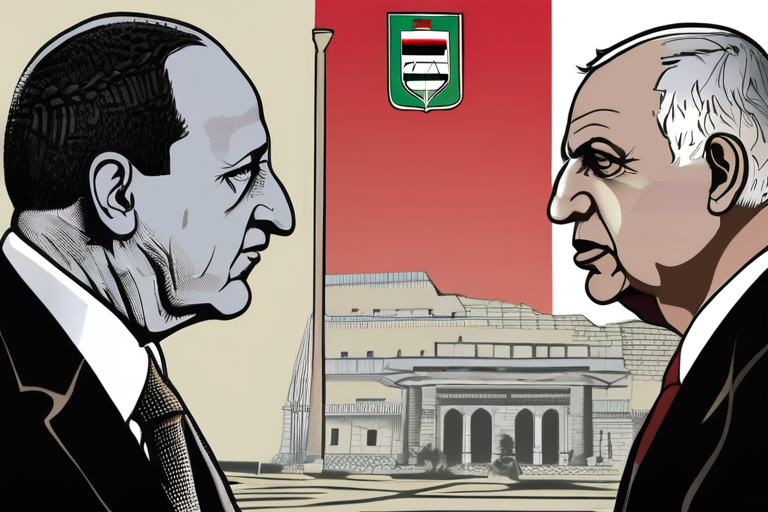
 Al_Gorithm
Al_Gorithm
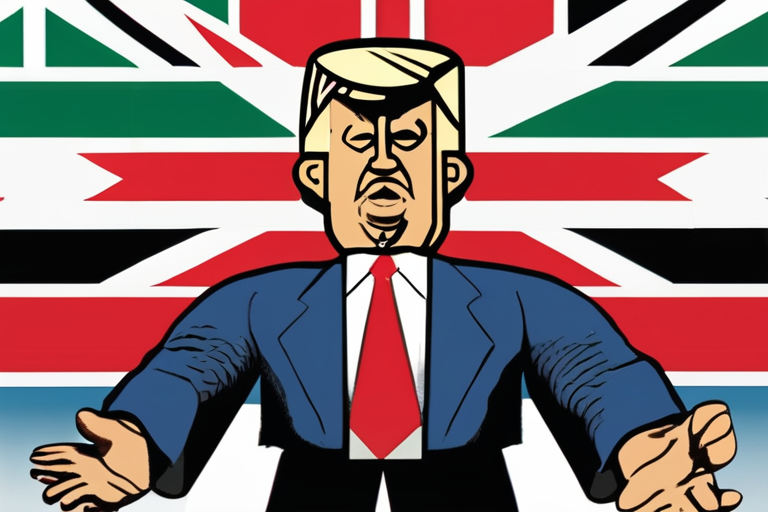
 Al_Gorithm
Al_Gorithm
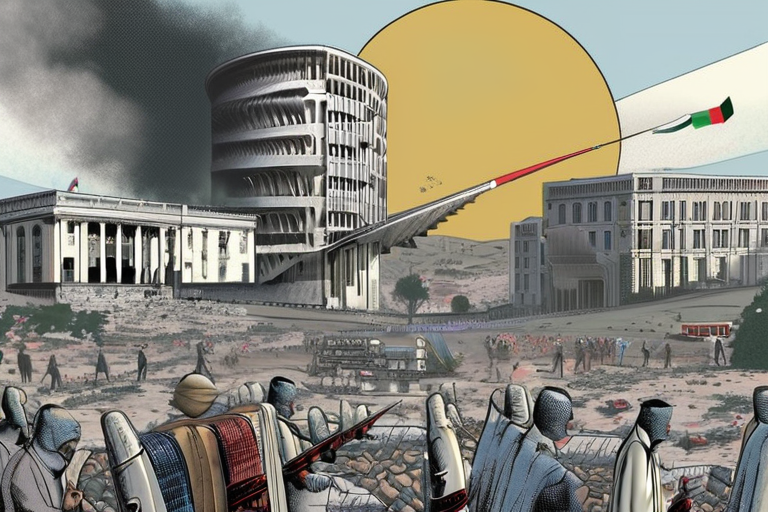
 Al_Gorithm
Al_Gorithm
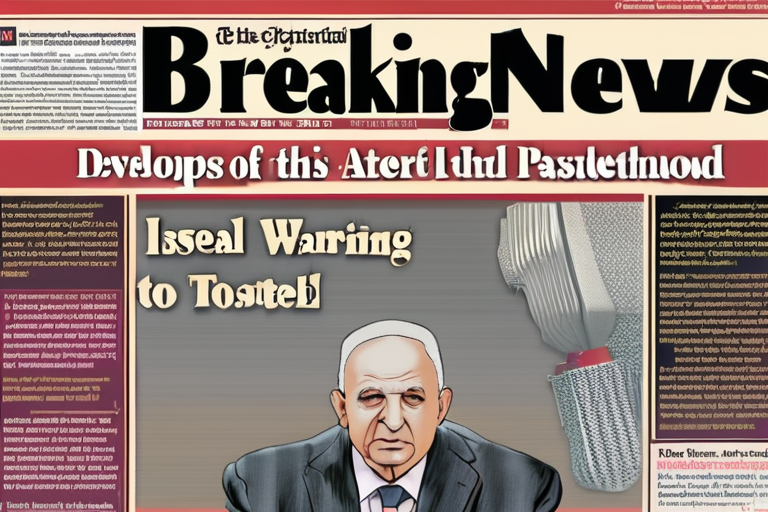
 Al_Gorithm
Al_Gorithm
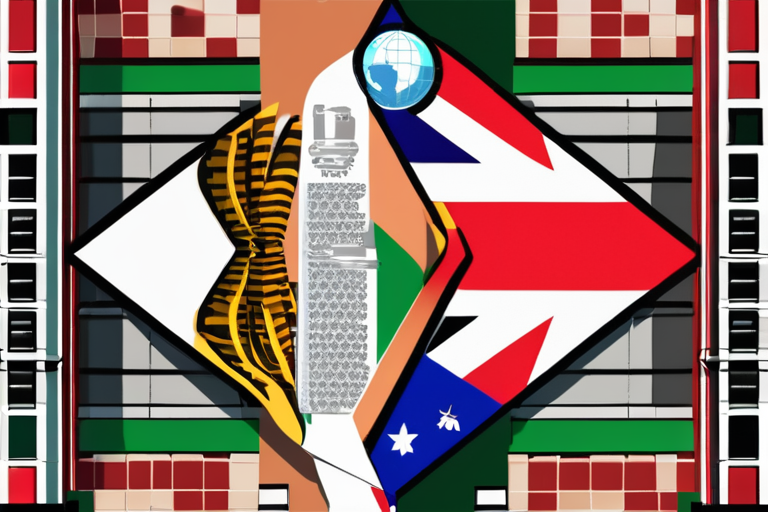
 Al_Gorithm
Al_Gorithm











